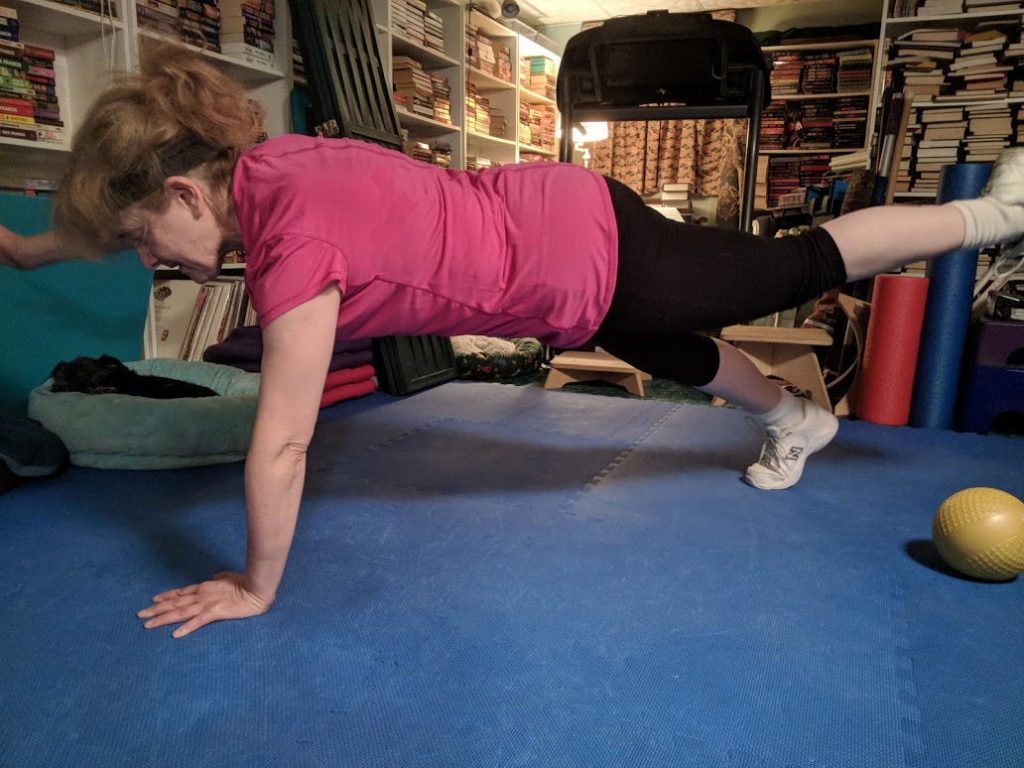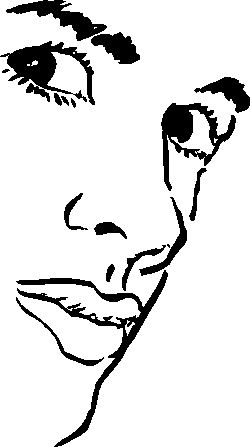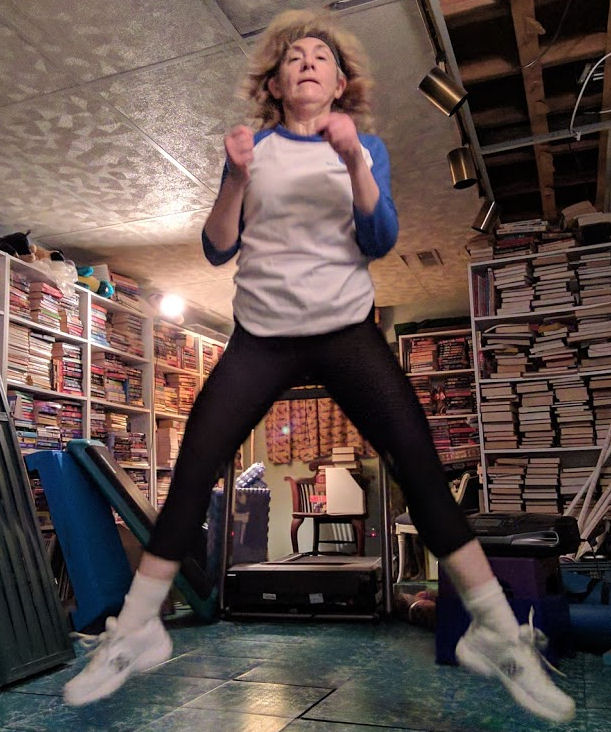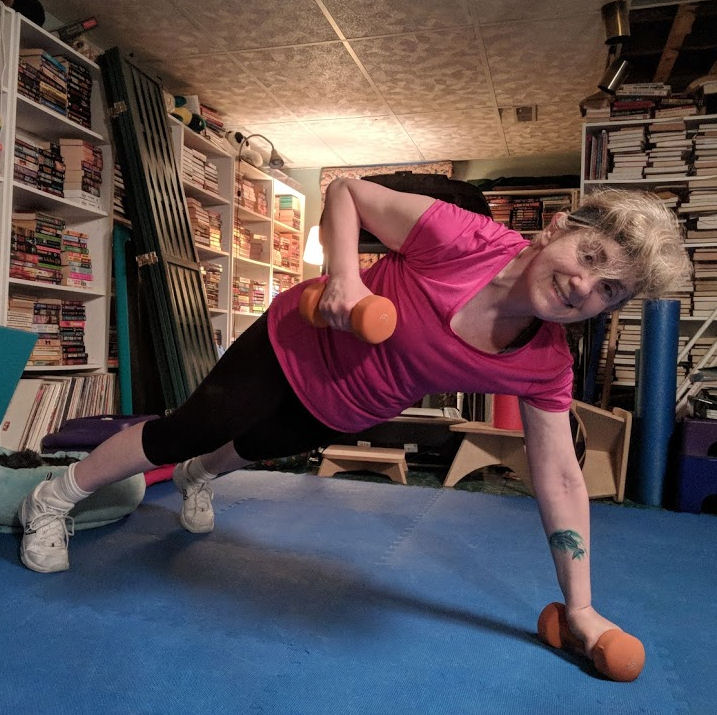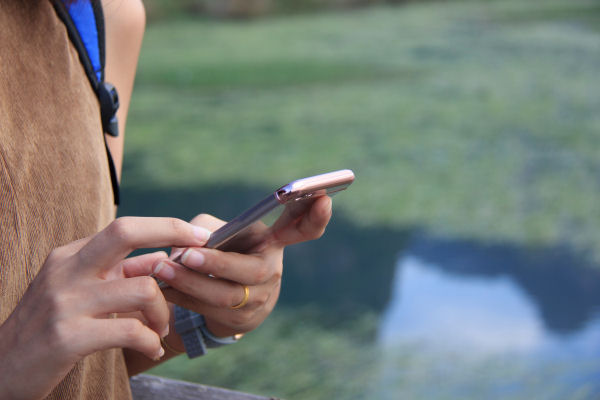If you’re still anxious and stress, you could have GAD. That’s “Generalized Anxiety Disorder.” Yes, everyone is stressed these days. Combine a global pandemic with the country’s economic woes, and top it off with horrible weather – that adds up to a whole lot of stress. I wrote about stress a few months ago and some ways to deal with it. Stress hasn’t gone away. But regular, everyday stress could become bigger and turn into something that needs professional treatment.
An expert defines the terms
Angela Casper, licensed clinical social worker and behavioral health services coordinator at Advocate Illinois Masonic Medical Center in Chicago helps distinguish between run-of-the-mill stress and Generalized Anxiety Disorder (GAD) requiring treatment. GAD is defined as excessive worry and anxiety for more days than not during a six month period. This worry and anxiety is not focused on anything in particular – not work or home life, a specific event or anything else. This stress can also cause severe impairment of daily life or job performance. Casper says that sufferers describe this stress as “free floating” and can’t really pin down any feeling specifically. If this sounds familiar, you’ll want to pay attention to the frequency of your anxiety symptoms and your difficulty functioning because of them. If you can’t do the things you want or need to do, then you might need to visit a professional.
Anxiety reducers:
But if you’re unsure as to the severity of your symptoms, or just want to decrease your anxiety, Casper recommends trying these things:
- Prioritize basic self-care activities and routines.
- Maintain a consistent sleep schedule.
- Maintain good nutrition.
- Reduce caffeine consumption.
- Be sure to take your prescribed medication.
- Practice relaxation techniques like deep breathing or meditation.If you’re new to meditation, try a guided one like my “Garden meditation.”
- Get regular physical exercise.
- Acknowledge and express your emotions – journal them if nothing else. A journal is your safe place – you can write anything down and not be judged. No one else will see what you wrote. I’ve created some lined journals, available on Amazon.
- Practice acceptance of yourself and others.
This is a stressful time, there’s no doubt about it. So whatever you do to reduce your own stress is worthwhile. And if you need to, talk to a pro. There’s no shame in getting the help you need.



